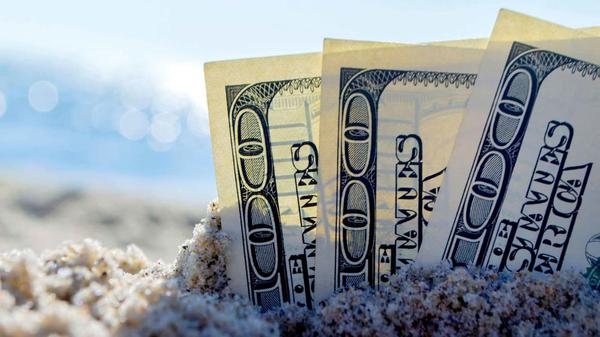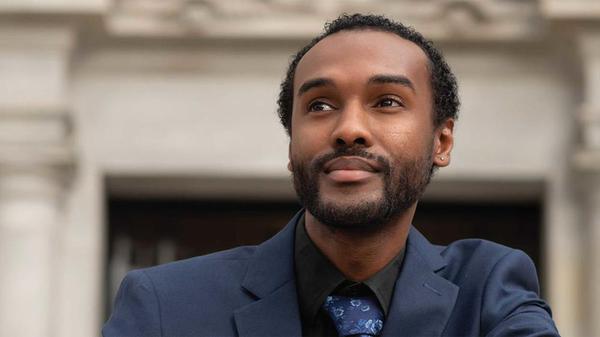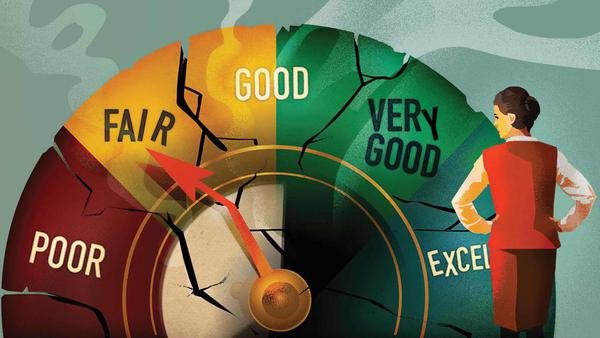Column | Credit scores will get a buy-now-pay-later update. Here’s what that means.
The way your credit score is calculated may change this fall. The Fair Isaac Corp. — commonly known as FICO — announced in June a new version of its scoring algorithms to include buy-now-pay-later loan data.The change comes as consumers increasingly rely on BNPL to cover groceries and other essentials. A recent Federal Reserve Board research post reported that 14 percent of adults in fall 2023 had used these kinds of loans at least once in the past 12 months, compared with 10 percent two years e...

















